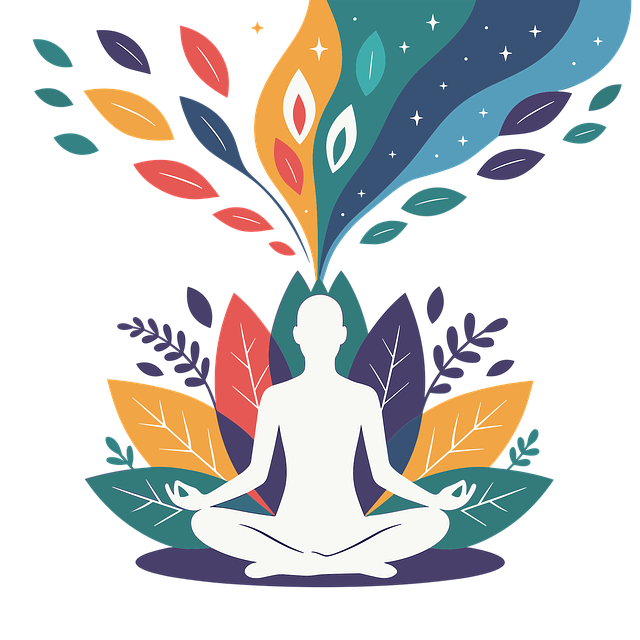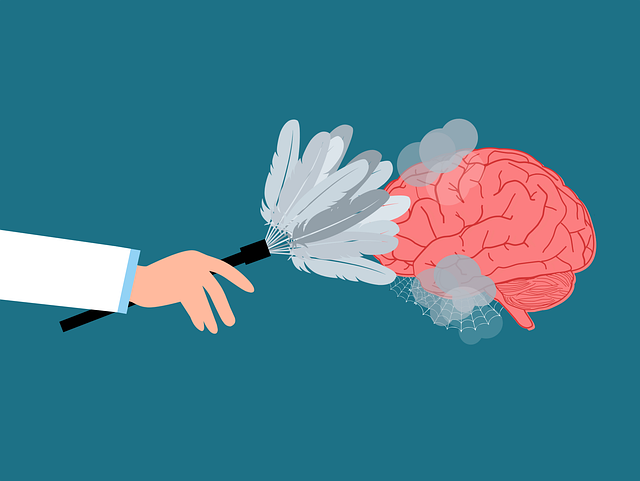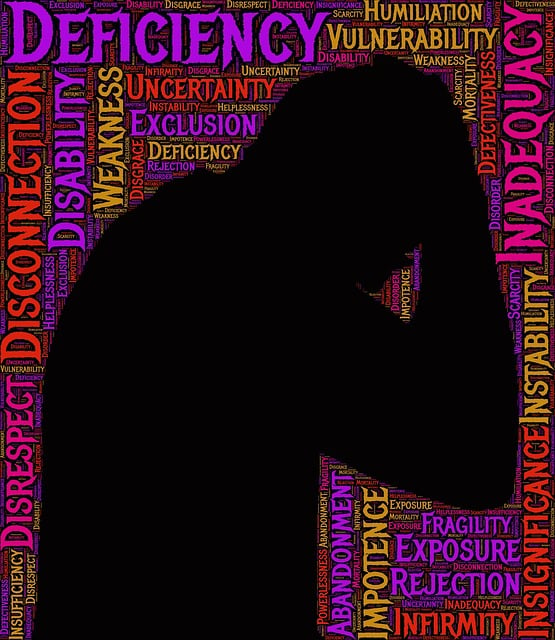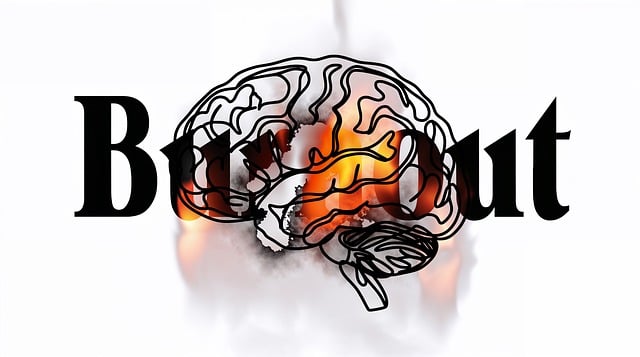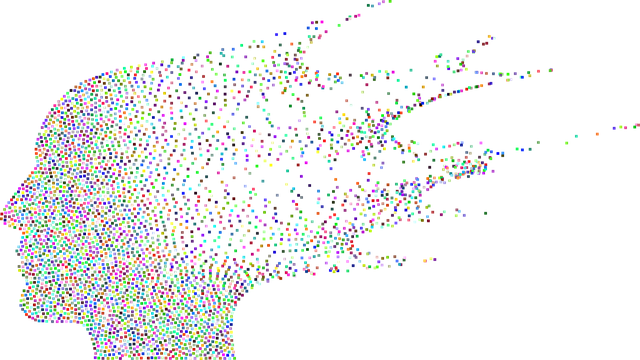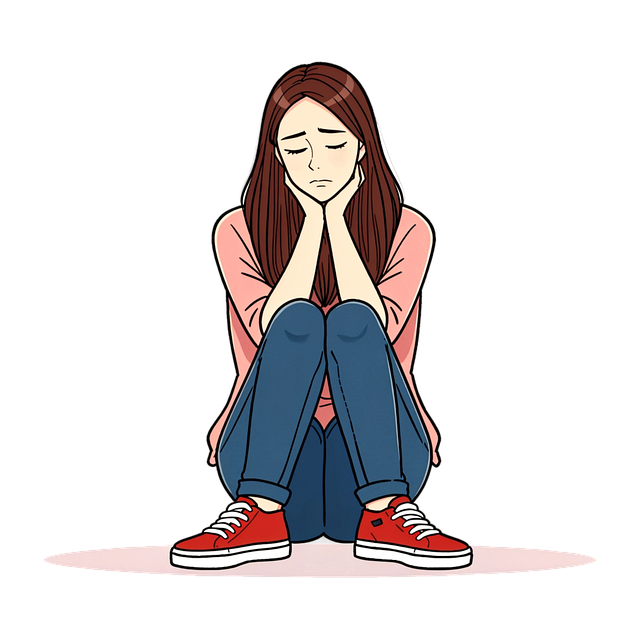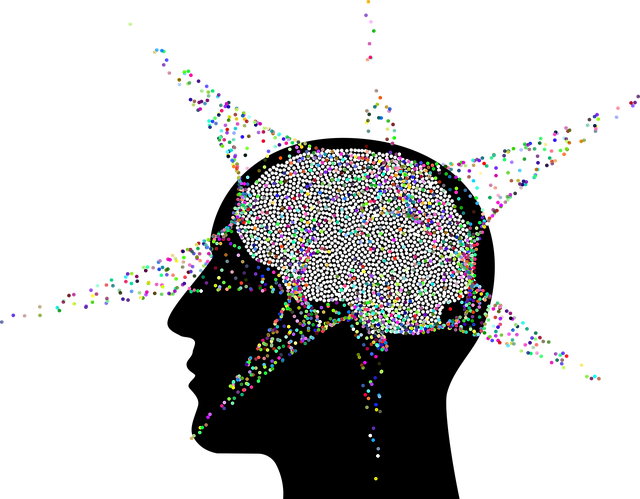Golden Blended Families Therapy uses RFM (Responsiveness, Focus, Mindfulness) as its core methodology, promoting open communication, family bonds, and resilience through mindfulness meditation, compassion cultivation, and practical exercises. Its "Identifying Strengths and Weaknesses" phase strengthens familial ties by recognizing individual strengths and addressing challenges. Integrating RFM principles into therapy, alongside community outreach programs, enhances emotional intelligence and adaptability, aligning with mental health education goals. Success in Golden Blended Families Therapy is measured through improved relationship dynamics, communication, and collective resilience, accessible to diverse cultural backgrounds.
“Unify and strengthen families with the power of Resilience, Flexibility, and Mastery (RFM) through Golden Blended Families Therapy. This comprehensive guide explores how RFM exercises reshape family dynamics, fostering cohesion and adaptability. From understanding the core principles to practical strategies for therapists, we delve into the impact of identifying strengths and weaknesses. Discover effective methods to integrate RFM into sessions, ultimately measuring success in enhancing family relationships within this innovative therapy approach.”
- Understanding RFM: The Foundation of Golden Blended Families Therapy
- The Role of Resilience Building Exercises in Family Dynamics
- Identifying Strengths and Weaknesses: A Roadmap to Family Cohesion
- Practical Strategies for Integrating RFM into Family Therapy Sessions
- Measuring Success: Evaluating the Impact of RFM on Family Relationships
Understanding RFM: The Foundation of Golden Blended Families Therapy

Understanding RFM is a cornerstone of Golden Blended Families Therapy, offering a unique approach to fostering resilience and harmony within families. RFM stands for Responsiveness, Focus, and Mindfulness—three essential elements that collectively create a nurturing environment for all members. Responsiveness involves active listening and attunement to each family member’s needs, ensuring everyone feels heard and valued. This fosters a sense of security and encourages open communication.
Focusing on specific goals and practices, such as regular mindfulness meditation sessions and compassion cultivation exercises, strengthens the family bond. These activities promote self-awareness, empathy, and emotional regulation, enabling each individual to contribute positively to the family dynamic. By integrating resilience building techniques into their daily lives, families can navigate challenges together, ultimately enhancing their overall well-being and creating a loving, supportive space where every member can thrive.
The Role of Resilience Building Exercises in Family Dynamics

Resilience building exercises play a pivotal role in enhancing family dynamics, particularly within Golden Blended Families Therapy settings. These therapeutic activities are designed to strengthen communication strategies and foster an environment where open dialogue becomes the norm. By incorporating exercises that encourage positive thinking and emotional expression, families can navigate challenges more effectively. Such exercises help each member to understand and validate their feelings, leading to improved relationships and better conflict resolution skills.
Moreover, these resilience-focused initiatives contribute significantly to mental wellness podcast series production by providing real-life examples of healthy family interactions. Through storytelling and shared experiences, families can learn from one another, cultivating a culture of support and understanding. The positive impact extends beyond the therapy room, as improved communication strategies and enhanced mental wellness can reverberate throughout daily life, enriching relationships both within and outside the family unit.
Identifying Strengths and Weaknesses: A Roadmap to Family Cohesion

Identifying Strengths and Weaknesses serves as a foundational step in Golden Blended Families Therapy, aiming to strengthen family bonds and foster resilience. This process involves each family member reflecting on their unique qualities, skills, and challenges. By acknowledging both strengths and weaknesses, families can create a more harmonious environment. For instance, recognizing individual talents allows for the encouragement of mutual support and appreciation, strengthening familial ties.
Understanding these aspects is crucial for effective communication and conflict resolution. Through open dialogue facilitated by trained therapists, families can navigate sensitive topics related to past traumas or ongoing stress management issues within their community outreach program implementation. The goal is to transform weaknesses into opportunities for growth and enhance overall family resilience, ensuring a brighter future for all members involved in Trauma Support Services.
Practical Strategies for Integrating RFM into Family Therapy Sessions

Integrating RFM (Resilience, Flexibility, and Mastery) into family therapy sessions offers a powerful approach to strengthening family bonds and fostering mental health in diverse dynamics, especially within Golden Blended Families Therapy. This strategy focuses on practical skills that promote adaptability and emotional intelligence, which are key components of resilience. By incorporating exercises that challenge and support families, therapists can create a safe space for open communication and growth.
The process involves teaching simple yet effective tools to navigate conflicts, manage stress, and build collective problem-solving skills. For instance, mindfulness practices and positive reinforcement techniques can be introduced to encourage family members to acknowledge and validate each other’s emotions. These exercises not only enhance emotional intelligence but also serve as a foundation for improving communication patterns in the long term. Moreover, incorporating RFM principles aligns with the broader goals of Mental Health Education Programs Design and Trauma Support Services, promoting family resilience and well-being in communities seeking comprehensive mental health policy analysis and advocacy.
Measuring Success: Evaluating the Impact of RFM on Family Relationships

Measuring success in family therapy often involves assessing the impact on relationships, and one effective method is through RFM (Resilience, Family Engagement, and Mutual Support) exercises. These activities are designed to strengthen familial bonds, enhance communication, and foster a sense of resilience among all members. By incorporating practices that promote understanding and empathy, Golden Blended Families Therapy aims to create an environment where each individual feels heard and valued. This approach is particularly beneficial for diverse families, considering the Cultural Sensitivity in Mental Healthcare Practice, which is essential for building trust and ensuring every member’s unique needs are addressed.
Through regular sessions, families can learn effective coping strategies, improve conflict resolution skills, and develop a shared sense of purpose. The RFM model encourages open dialogue, enabling family members to navigate challenges together. Moreover, these exercises can be tailored to suit various cultural backgrounds, making mental wellness accessible to all. As part of the Mental Wellness Podcast Series Production, therapists may utilize storytelling techniques to illustrate successful RFM implementations, providing valuable insights for listeners seeking anxiety relief and improved familial connections.
Golden Blended Families Therapy (GBFT) offers a transformative approach to family dynamics, with Resilience Building Exercises (RFM) as its core. By understanding and implementing RFM strategies, therapists can effectively navigate complex family systems, identify strengths and weaknesses, and foster cohesion. The practical guidelines provided ensure successful integration into therapy sessions, allowing for measurable improvements in family relationships. This holistic method empowers families to build resilience, enhancing their ability to navigate challenges together.

